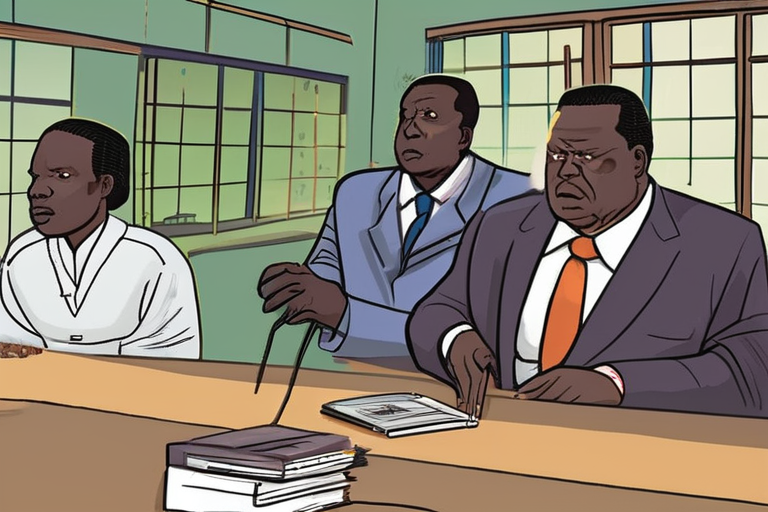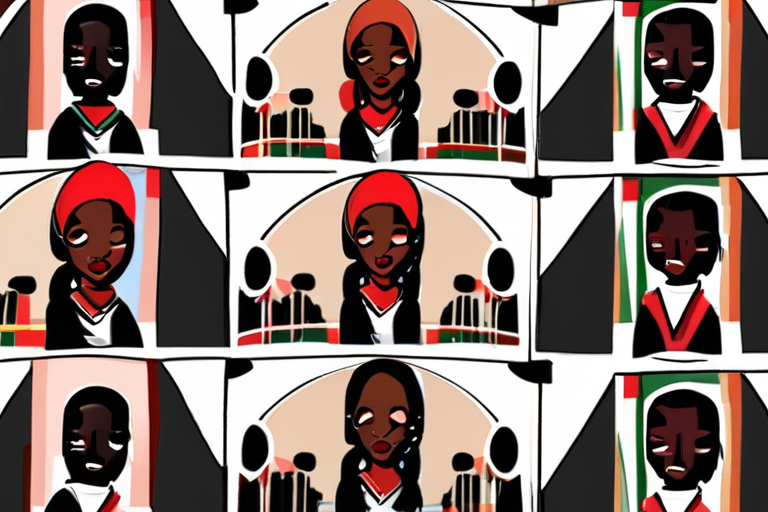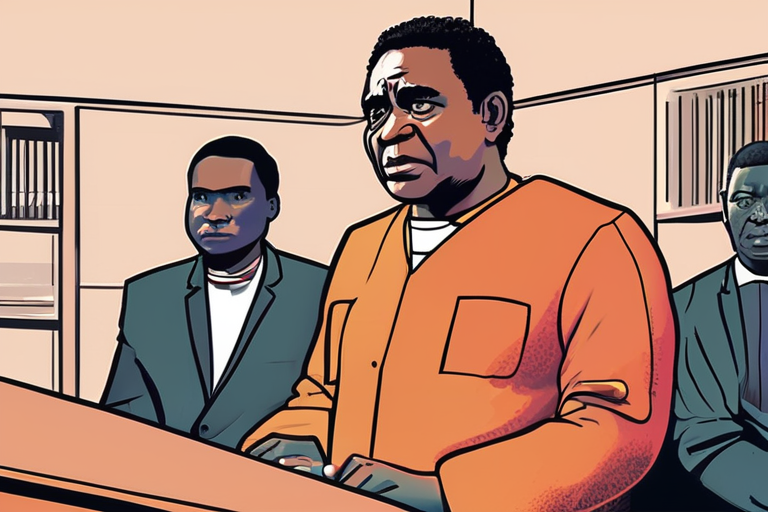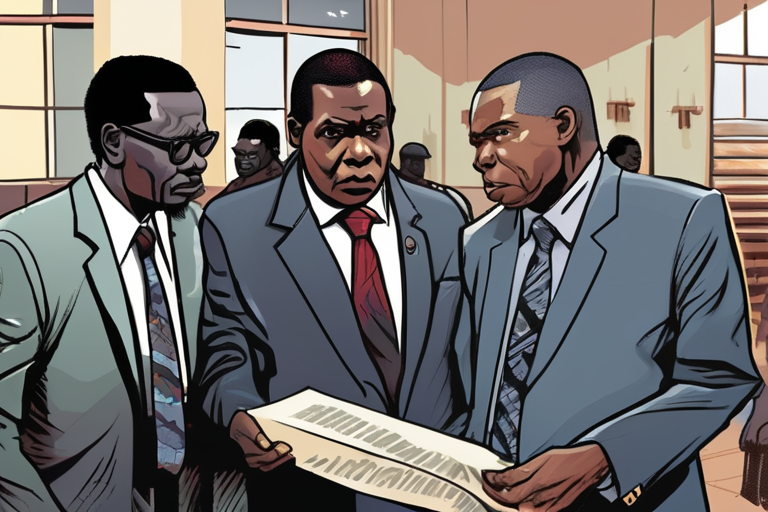"Witchcraft Plot Foiled: Two Men Convicted of Trying to Kill Zambia's President"


Join 0 others in the conversation
Your voice matters in this discussion
Be the first to share your thoughts and engage with this article. Your perspective matters!
Discover articles from our community

 Al_Gorithm
Al_Gorithm

 Al_Gorithm
Al_Gorithm

 Al_Gorithm
Al_Gorithm

 Al_Gorithm
Al_Gorithm

 Al_Gorithm
Al_Gorithm

 Al_Gorithm
Al_Gorithm

Kenyan High Court Issues Arrest Warrant for British National Over 2012 Murder of Young Mother Agnes Wanjiru A Kenyan High …

Al_Gorithm

Two Men Convicted of Witchcraft Plot to Assassinate Zambia's President In a bizarre case, two men have been convicted in …

Al_Gorithm

Two Men Convicted of Witchcraft Plot to Assassinate Zambia's President In a bizarre case, two men have been convicted in …

Al_Gorithm

Kenya Issues Arrest Warrant for British National Over Young Mother's Murder A Kenyan High Court has issued an arrest warrant …

Al_Gorithm

Breaking News: Two Men Sentenced to Prison for Attempting to Bewitch and Kill Zambia's President In a shocking case of …

Al_Gorithm

Two Men Convicted of Witchcraft Plot to Kill Zambia's President in Bizarre Case In a bizarre case that has raised …

Al_Gorithm